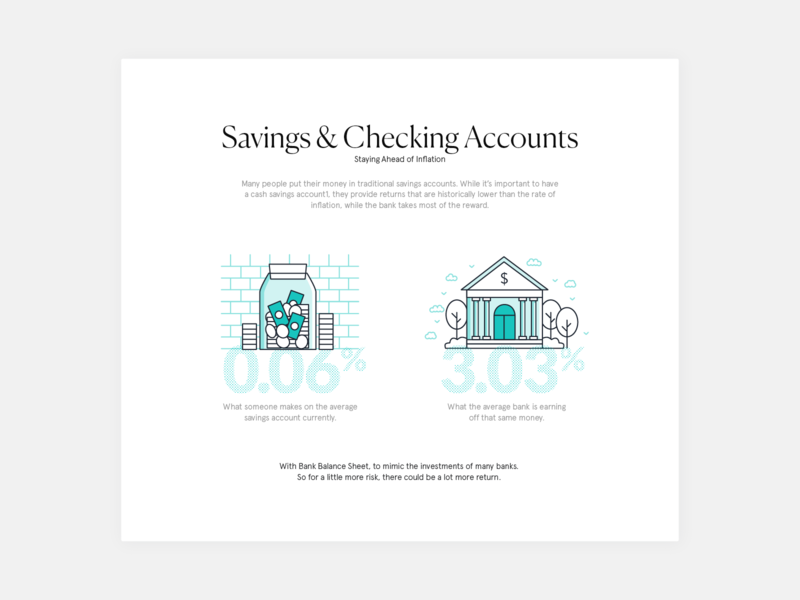Defaulting On A Performance Bond Can Have Significant Monetary Consequences.This Can Result In A Variety Of Financial Impacts, Including:
Defaulting On A Performance Bond Can Have Significant Monetary Consequences.This Can Result In A Variety Of Financial Impacts, Including:
Blog Article
Material Created By-
When a guaranty issues an efficiency bond, it guarantees that the principal (the event who purchases the bond) will meet their responsibilities under the bond's terms. If the primary stops working to fulfill these commitments and defaults on the bond, the surety is responsible for covering any type of losses or damages that result.
1. Loss of credibility: Defaulting on an efficiency bond can damage the principal's reputation and reliability, making it more difficult to protect future business or funding.
2. Legal and administrative costs: The guaranty may require to pay lawful and administrative expenses related to going after the principal for damages or attempting to remedy the circumstance.
3. Economic losses: The surety may require to cover the price of finishing the task or supplying the solutions that the principal failed to provide. This can lead to significant financial losses for the guaranty.
4. Boosted costs: If the principal has a history of back-pedaling performance bonds, they may be required to pay higher costs in the future to get the needed bonding.
Generally, defaulting on an efficiency bond can have serious monetary consequences for both the principal and the guaranty. It is very important for principals to thoroughly consider their obligations and ensure they have the ability to fulfill the regards to the bond to prevent these unfavorable end results.
Defaulting on an efficiency bond can be a pricey misstep for services. When click the up coming post fail to satisfy the bond's responsibilities, the financial effects can be substantial. From paying the full bond amount to prospective legal fights and damaged relationships, the repercussions can reverberate throughout your company procedures. Comprehending the detailed internet of economic impacts that back-pedaling a performance bond can have is crucial for guarding your business's economic health and credibility.
Financial Penalties for Defaulting
If you default on a performance bond, you'll likely face substantial financial penalties. These charges can vary depending upon the regards to the bond contract however often include paying the bond amount completely to the obligee. This means that if you fail to fulfill your legal commitments, you have to pay the bond amount to the task owner or the entity that called for the bond.
Furthermore, you might also be accountable for any type of added expenses incurred by the obligee as a result of your default, such as locating a substitute professional or covering job hold-ups.
Back-pedaling an efficiency bond can additionally lead to legal fees and court expenses if the obligee determines to take lawsuit against you to recover the bond amount. These expenses can rapidly build up, further exacerbating the financial influence of your default. It's necessary to carefully examine and understand the terms of the performance bond to stay clear of these serious punitive damages.
Impact on Organization Cash Flow
Defaulting on a performance bond can significantly impact your business capital, affecting financial stability and functional capacities. When you back-pedal an efficiency bond, you take the chance of shedding the bond quantity, which can be a considerable sum. This loss straight impacts your capital, as you'll need to find alternative resources of funding to cover the bond quantity. Furthermore, failing can bring about increased examination from guaranties, making it more difficult and a lot more pricey to safeguard bonds in the future. This can even more stress your cash flow as you might require to assign additional sources to meet bonding requirements.
The impact on your cash flow does not quit there. Defaulting on an efficiency bond can likewise result in project delays or cancellations, bring about a loss of income. In addition, the adverse track record that includes defaulting can hinder potential customers, further reducing your capital. click to read , back-pedaling an efficiency bond can have detrimental impacts on your organization's monetary wellness and capability to run efficiently.
Legal Implications and Legal Actions
Encountering legal implications and potential lawsuits as a result of back-pedaling a performance bond can considerably affect your organization's credibility and monetary standing. When you back-pedal an efficiency bond, the surety business may take lawsuit to recoup the bond amount paid. This could result in pricey lawful charges, court expenditures, and prospective negotiations or judgments against your service.
Additionally, defaulting on an efficiency bond might cause harmed connections with customers, subcontractors, and suppliers, impacting your capacity to safeguard future contracts. Lawsuits developing from bond defaults can tarnish your business's reputation in the sector, making it challenging to attract new partners or consumers.
Additionally, if the default leads to a court judgment against your service, it might result in asset seizure or liens, further straining your economic security. Therefore, it's important to recognize the legal implications of back-pedaling an efficiency bond and take positive actions to reduce the dangers entailed.
Verdict
As you encounter the effects of defaulting on an efficiency bond, remember this: it resembles strolling a tightrope without a safeguard. One incorrect move can send you plunging into a financial freefall, without method to stop the loss.
The financial penalties, cash flow effect, and lawful ramifications are all waiting to capture you if you slip up. So walk carefully, and constantly recognize your dedications to avoid the extreme effects of default.
